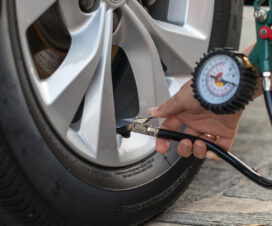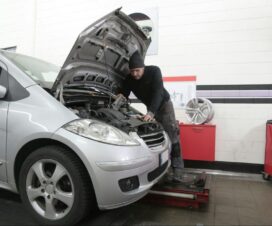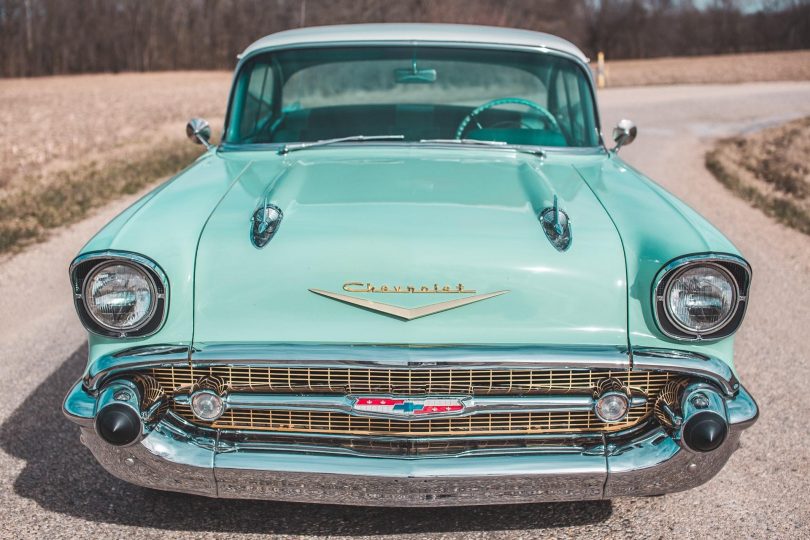 |
After years of making sacrifices to save money, you’re ready to reward your patience and buy that gleaming work of art you’ve had your heart set on: a vintage car from the ’70s. Or, maybe you’re thinking of buying a fading jalopy and restoring it to its past glory.
Regardless of where you are on your buyer’s journey, you may still have doubts about this sizable purchase. Is buying a classic car worth it? Is it a smart investment? Unlike a new set of wheels, a collector’s car could appreciate dramatically. Or, the required repairs could cost more than the car is worth to you. If you’re having second thoughts or want to make sure you’ve made the right decision, stop and consider the following factors:
1. Careful Car Inspection
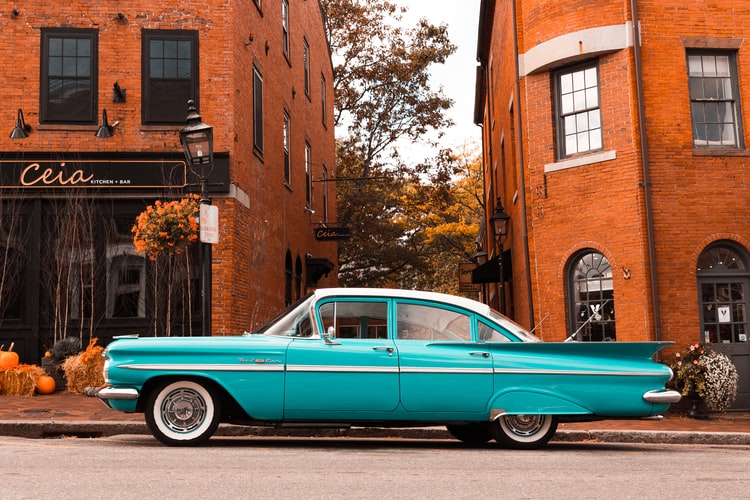
Source: unsplash.com
You need to thoroughly inspect the vehicle in question before making the purchase. Its polished exterior could be masking a Pandora’s box of mechanical issues, so you’ll need to pop the hood and make sure everything there is in order.
For this, you may want to bring in a mechanical expert you can trust. If you plan to restore a vehicle that may have suffered years of neglect, an expert will help you establish the restoration cost to help you decide if it is a worthwhile investment.
One of the key signs of decay you will want to look out for is rust. A little rust here and there is fine, but extensive swathes on the engine or the car floorboards may cost a pretty penny to fix.
Another thing that you should check out when buying classic cars is safety. Back in the day, the cars didn’t have all those safety features they have today. Check for seatbelts and see if they are functional. Furthermore, look for the details on your car such as fasteners and see how the sheets are joined together. Luckily, getting those today is easy with leytonfasteners.co.uk, so even if the car’s missing some pieces, you can do the quick repairs yourself.
After you complete a physical inspection of the car, you still need to do a background check on its registration. Ensuring the VIN on its title matches the official record will help you avoid buying a stolen or counterfeit car.
2. Usage and Storage
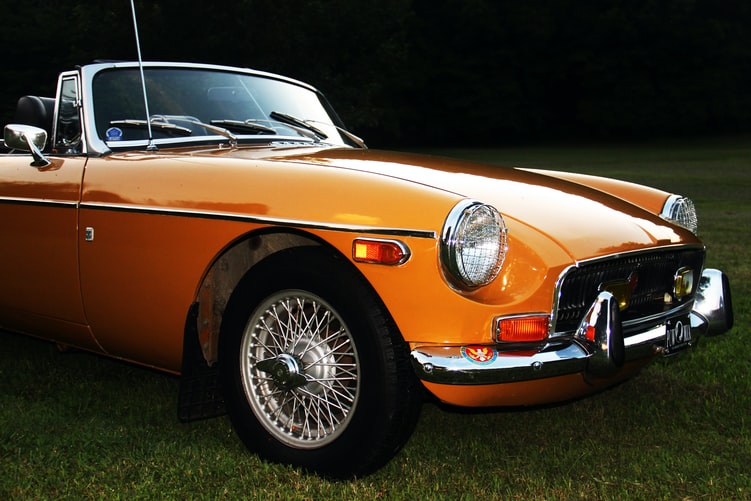
Source: unsplash.com
Will you be using it for more than just the odd weekend drive to town? Will it be a permanent resident of your garage, only to be taken out during classic car competitions? If you intend to use it as your chief mode of transportation, you will need to prepare to spare quite a bit of time and money to keep it in good running order. Bear in mind that the wear and tear of daily use will diminish its value if you intend to resell it.
3. Repairs and Upkeep
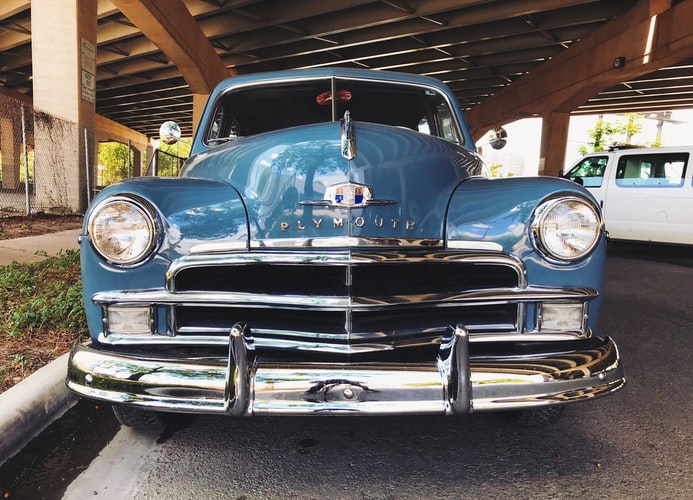
Source: unsplash.com
If you intend to eventually sell your classic car for a profit, you should consider how much it would cost to improve the vehicle and attract potential buyers. Remember, the car is a classic and went out of production decades ago, meaning finding spare parts will present a challenge. You will also need to take it to a specialist for work, which will cost significantly more than the average car repair.
4. Insurance Coverage
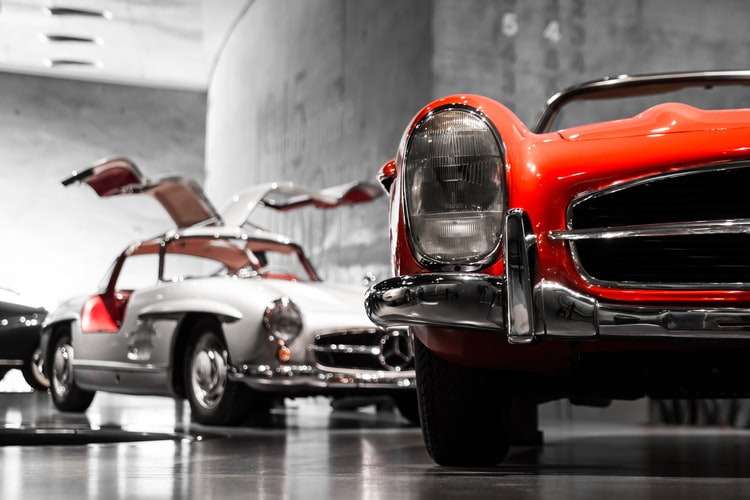
Source: unsplash.com
Collector and classic car insurance for your piece of art and history on wheels will differ from your insurance coverage for your other vehicles.
For one, your insurance provider won’t value your vehicle based on the current market value for that particular model. Instead, you and the provider will have to negotiate an accepted value. Also, if you intend to drive your classic car sparingly, it will affect the price of your premium.
When choosing an insurance policy for your classic car, you may want to consider providers that specialize in insuring vintage vehicles. To learn more about this specific topic, visit www.thehartford.com.
5. Have a Plan for Resale
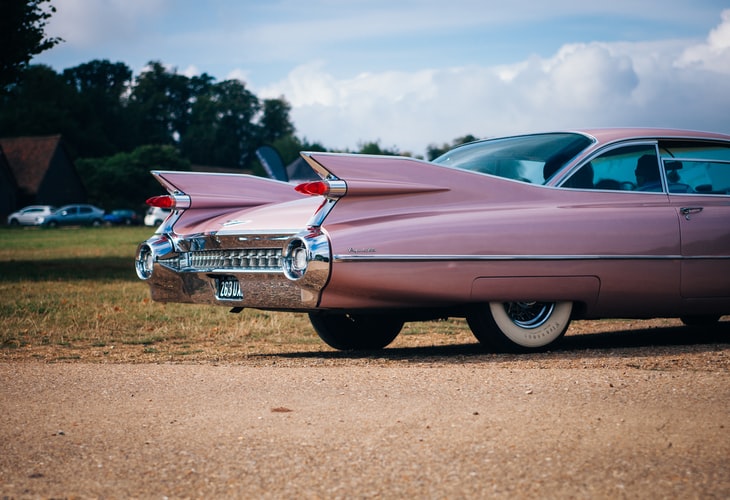
Source: unsplash.com
Once again, if you’re buying a classic car with the intention to resell it, you need to be careful about how you use and store it. You will have to keep its body, interior, and innards in tip-top condition. It also helps if you participate in as many competitions as possible to find potential buyers.
6. Understand the Risks and Drawbacks
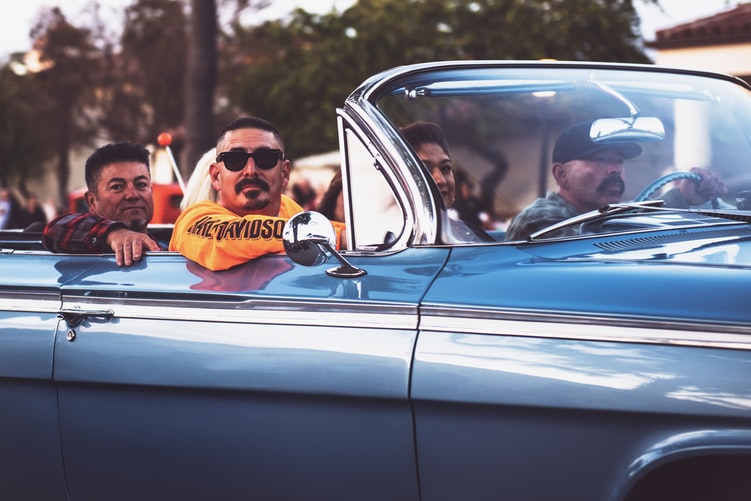
Source: unsplash.com
Owning a classic car will win you admiring glances wherever you drive, and potentially a hefty paycheck when you decide to sell it. But owning a classic car comes with a fair share of risks. Before making the purchase, you should spend time considering whether you genuinely want the car despite the responsibility of upkeep.
Also, keep in mind that driving a classic vehicle can be challenging, especially if used to the conveniences of modern cars. They probably will drive slower, have fewer safety features, and even require a different kind of fuel.
Driven by Passion
The best reason to get started with classic cars is that you simply love them. They are pretty and unique but require a tremendous amount of dedication, and cash, to keep in good condition. If you’re truly passionate about your car, you will know that it’s worth it.

